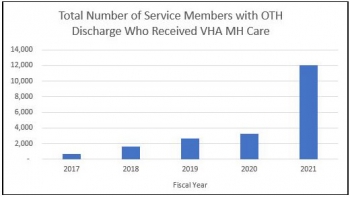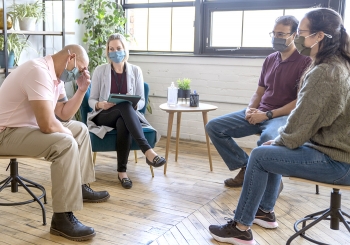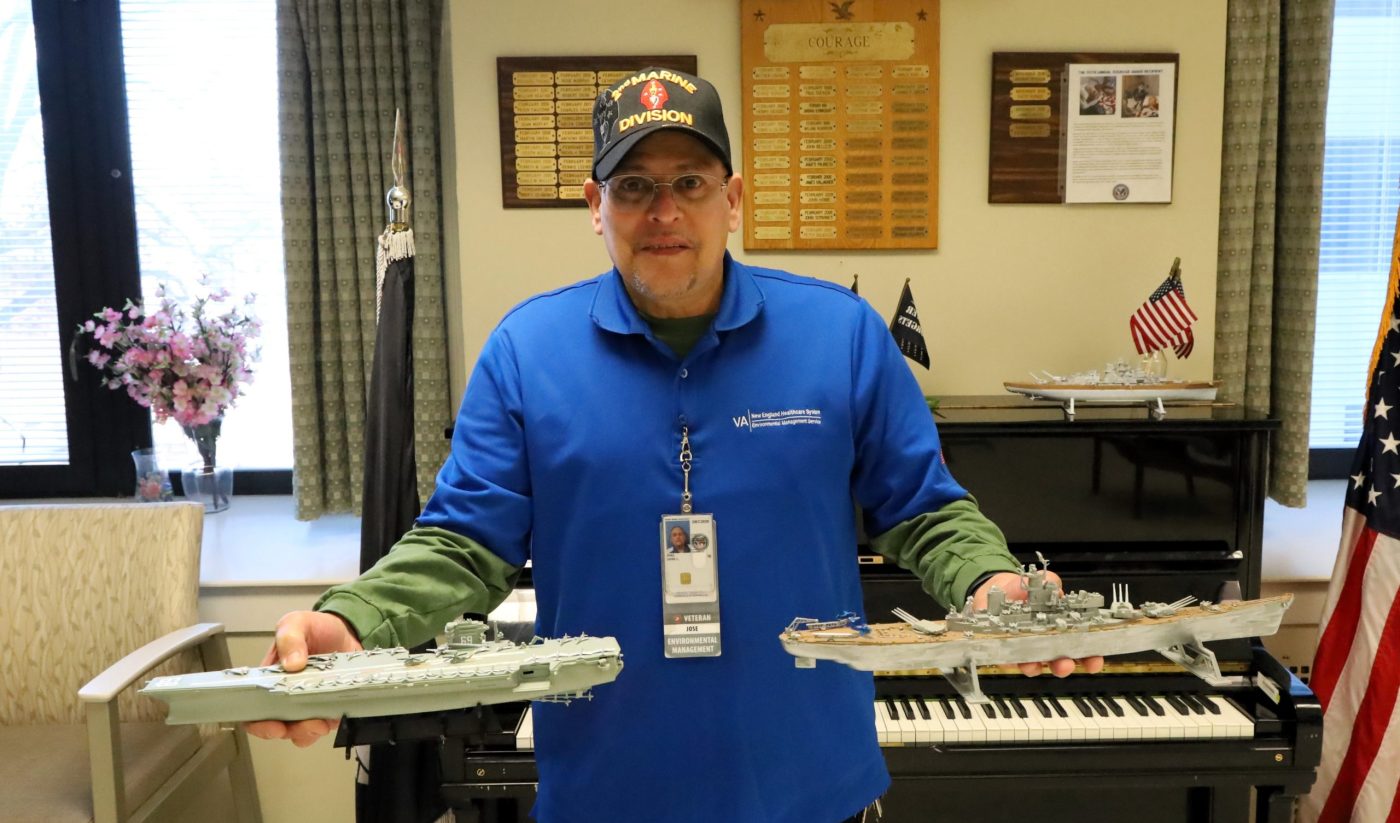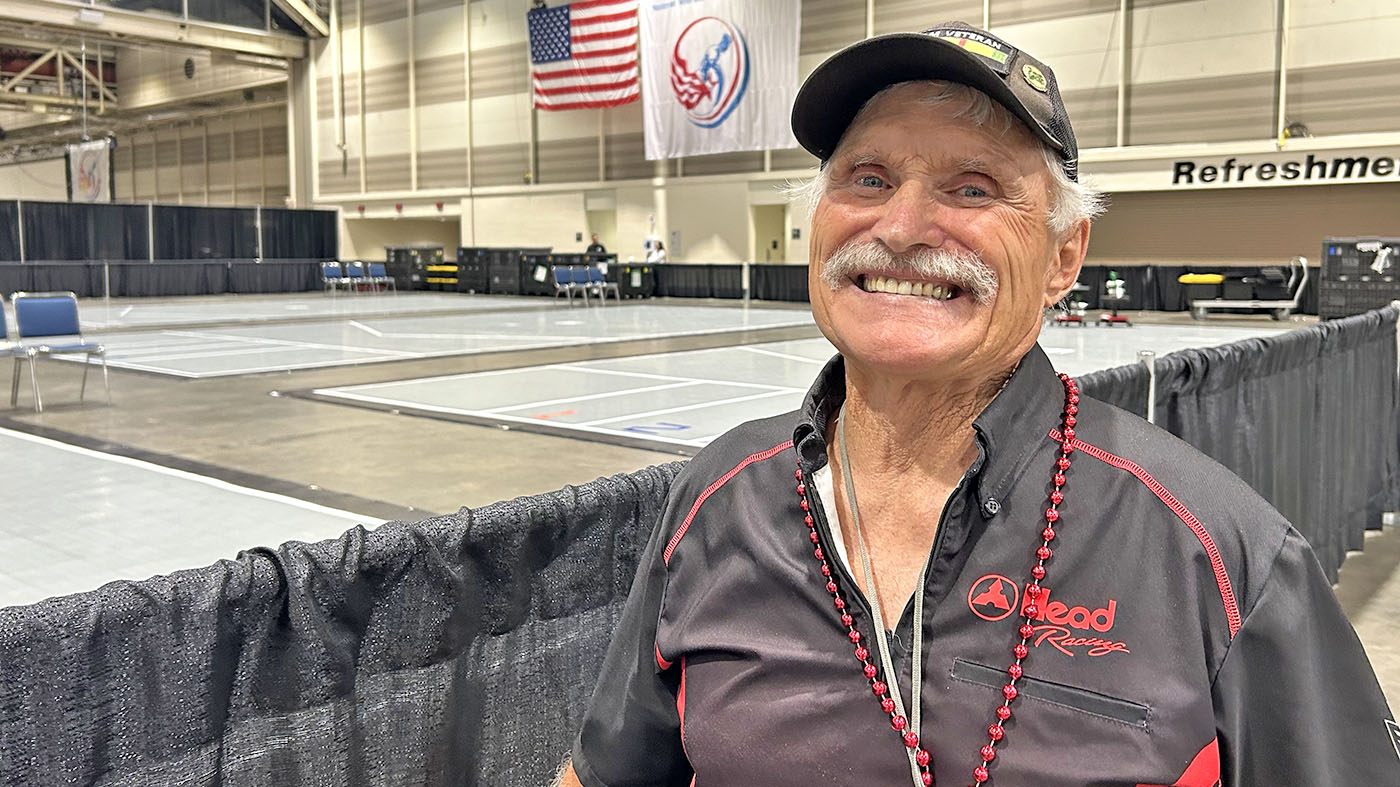In FY 2021, VA provided 270% more mental health visits to former service members with an other-than-honorable (OTH) discharge compared to FY 2020. The available services cover the full continuum of VA mental health care, including outpatient care, residential rehabilitation care and acute inpatient psychiatric hospitalization.

First, in 2017, VA began providing emergency mental health coverage for former service members with OTH administrative discharges. In 2018, Public Law 115-141 authorized VA to provide an initial mental health assessment and subsequent mental or behavioral health care services to certain former service members. This included those who served in the reserve component.
Following the expansion of eligibility criteria beginning in FY 2017, VA began seeing gradual increases in the number of former service members with OTH who seek VA mental health services. In FY 2018, 1,651 former service members with an OTH discharge received mental health treatment, three times more than the 648 treated in 2017.
In 2019, VA – in collaboration with the Departments of Defense and Homeland Security – introduced VA Solid Start to proactively contact all newly separated service members at least three times during their first year of transition from the military. The goal of VA Solid Start is to establish a strong relationship between the VA and transitioning service members, promoting awareness of VA benefits, services and partner resources available to them.
To reduce the suicide rate among Veterans and service members, VA hopes to make mental health care as widely available as possible. VA has the greatest respect for the men and women who have served in our nation’s Armed Forces and it will not relent in efforts to provide lifesaving support to those who are experiencing an emotional or mental health crisis.
How to access services
- Former service members may decide when they are in distress and require emergency mental health care.
- A VA provider will assess the patient to determine whether or not it is a mental health emergency and requires immediate attention.
- Former service members may enter the system to use the emergency services benefit by visiting a VA emergency room or Vet Center, or by calling the Veterans Crisis Line.
- Former service members may be treated using VA’s tentative eligibility authority but will still need to have their claim adjudicated by the Veterans Benefits Administration. If the former service member is subsequently found not to be eligible, they can be billed for services.
In addition, VA is working to increase awareness for service members with OTH discharges, seeking to educate them on eligibility for benefits and services, despite the character of discharge (COD) assigned at separation.
Too often, Veterans self-select away from VA thinking the OTH discharge makes them ineligible for VA benefits and services. However, in some instances, they may still be found eligible to receive health care and/or compensation.
Over the past three years, VA’s eligibility determination rate for OTH Veterans has been above 72% in granting Veterans access to benefits and/or health care. VA continues to encourage Veterans to apply, regardless of their COD, and let VA determine eligibility.
If you’re a Veteran having thoughts of suicide or you know one who is, contact the Veterans Crisis Line 24/7/365 days a year. Call 1-800-273-8255 and press 1, text 838255, or chat online at http://veteranscrisisline.net/Chat.
Topics in this story
More Stories
One strategy credited for the improvement is a focus on building trust and stronger patient-provider relationships.
Army and Marine Corps Veteran started making models after being hospitalized at Connecticut VA.
Veteran Hank Ebert is a bit of a superstar in the National Veterans Wheelchair Games. He has been attending since 1993.








I’ve heard of people with an OTH discharge getting compensation. I hope this is true
This is specifically for that type of dischage and does not include dishonorable, correct?
I am in the same boat as several of the folk’s making comments here. I have an “under other than honorable conditions ” discharge. Every time I think that I finally have the courage to try and get my discharge upgraded I fall into what I call “the black hole”. I really would like to get an upgrade and I have a lot of documentation that is favorable to my case. Maybe with the help of a mental health therapist I could finally get an upgrade. I live in Iowa, does anyone have any suggestions about where to start ect.? I’m somewhat of a loner and not a fan of group therapy. I would appreciate any input from folk’s that have walked in the same shoes as myself.
And thank all of you for your service.!
Don’t give up! It’s not over and you can try National Veteran’s Legal Services Program at 1-202-265-8305; email: info@nvlsp.org. This organization is awesome! They are presently helping me with my discharge upgrade case. I hope this helps! PLEASE don’t give up; especially if they were wrong in your discharge. You can still beat this! It’s been over 22 years for me and I’m still fighting, so give it a shot and I hope it helps.
I always thought that VA was required to provide what it called “statutory care,” meaning that any service-connected issues would be treated regardless of discharge type. It’s good to see that mental health services are also available for Reserve and National Guard members.
Also, I am pleased to report that my state’s senior US Senator is a champion of Veteran’s benefits. He recently pushed through a bill establishing a 3-digit Veterans Crisis Line, which should go into service very soon.
Veterans with other than honorable discharges did not utilize the service cuz they were not aware of it. Thank God they are being made aware of the available help from the VA irregardless of their discharge status.
I was thrown under a bus!
Can you please help me?
Thank you!
Did the VA throw you under the bus? I would contact a Veterans Service Officer from any of the leading Veterans organizations, such as the VFW or American Legion. If that doesn’t work out, gather all your evidence and contact you congressman’s Veterans affairs staff.
I speak personally. We can help those that will step forward and assist in there own care. So YES! We can help those who can help themselves. Take ownership of life’s circumstances. Everything is a process, but it can paid off TREMENDOUSLY! God Bless.
I had MST, measles, suicidal while service in early 1980 . My recruiter said don’t tell anyone that I have an arrest record 2 misdemeanors, I told recruiter. No basic background check done before enlistment. I served honorably, 2 letters of commendation also;But VA says that I don’t get help. VA says I’m dishonorable for VA purposes.
Look for your local Vet Center, they have professionals that specialize in MST counseling services. They can assist with getting you aligned for care with them and through the VA
I wasn’t dishonorable discharged, but not honorably either. I served honorably; But VA said that I am dishonorable for VA purposes.
How many enlistments did you have? If ANY of your enlistments were honorable, then the VA should honor that. Fight for your rights. Talk to a Veteran’s Service Officer. I had 2 honorable and the last one, I had an issue, but the VA recognized the first two and the last one, I’m still fighting, but VA still sees me and I’m 100% service connected. DON’T give up! Keep fighting; it’s your right!
get help you will feel better in the long run.